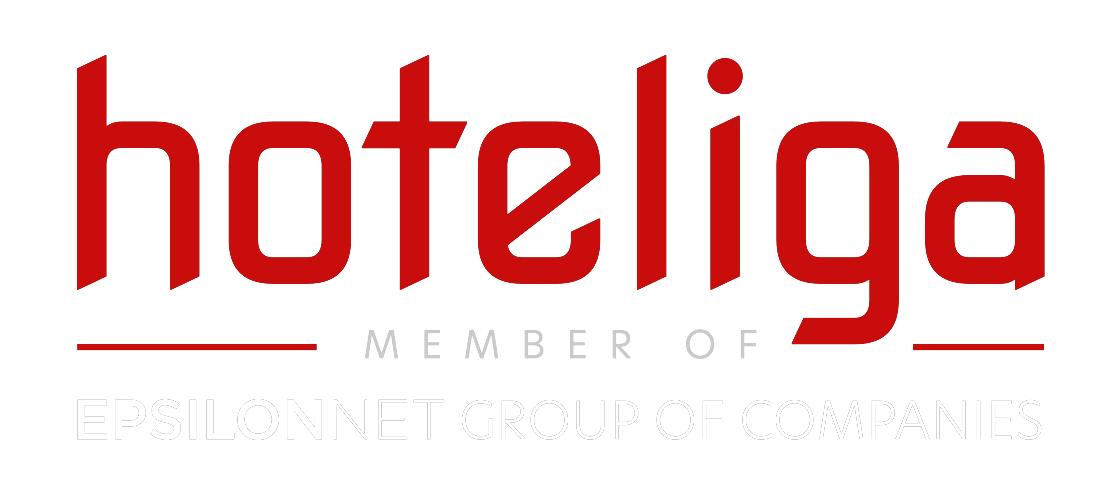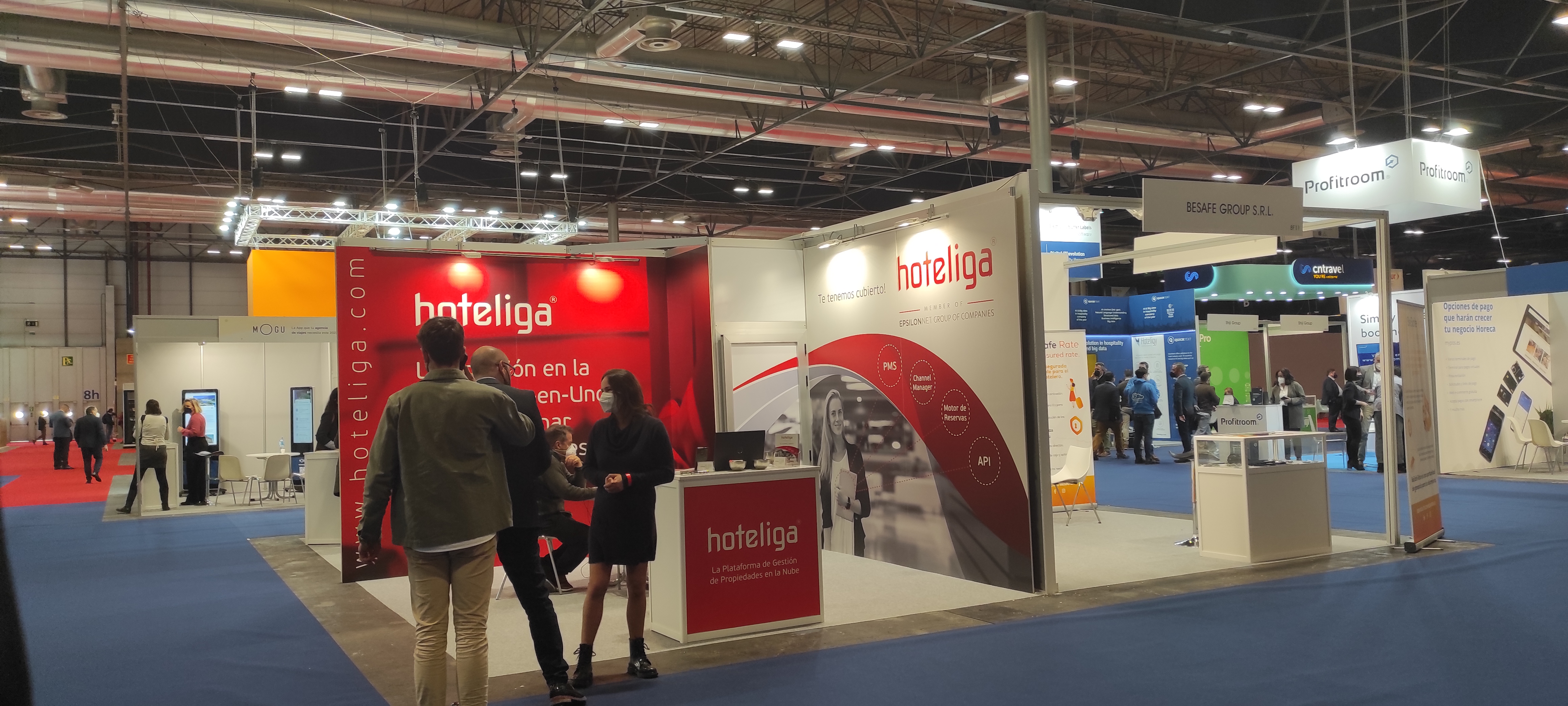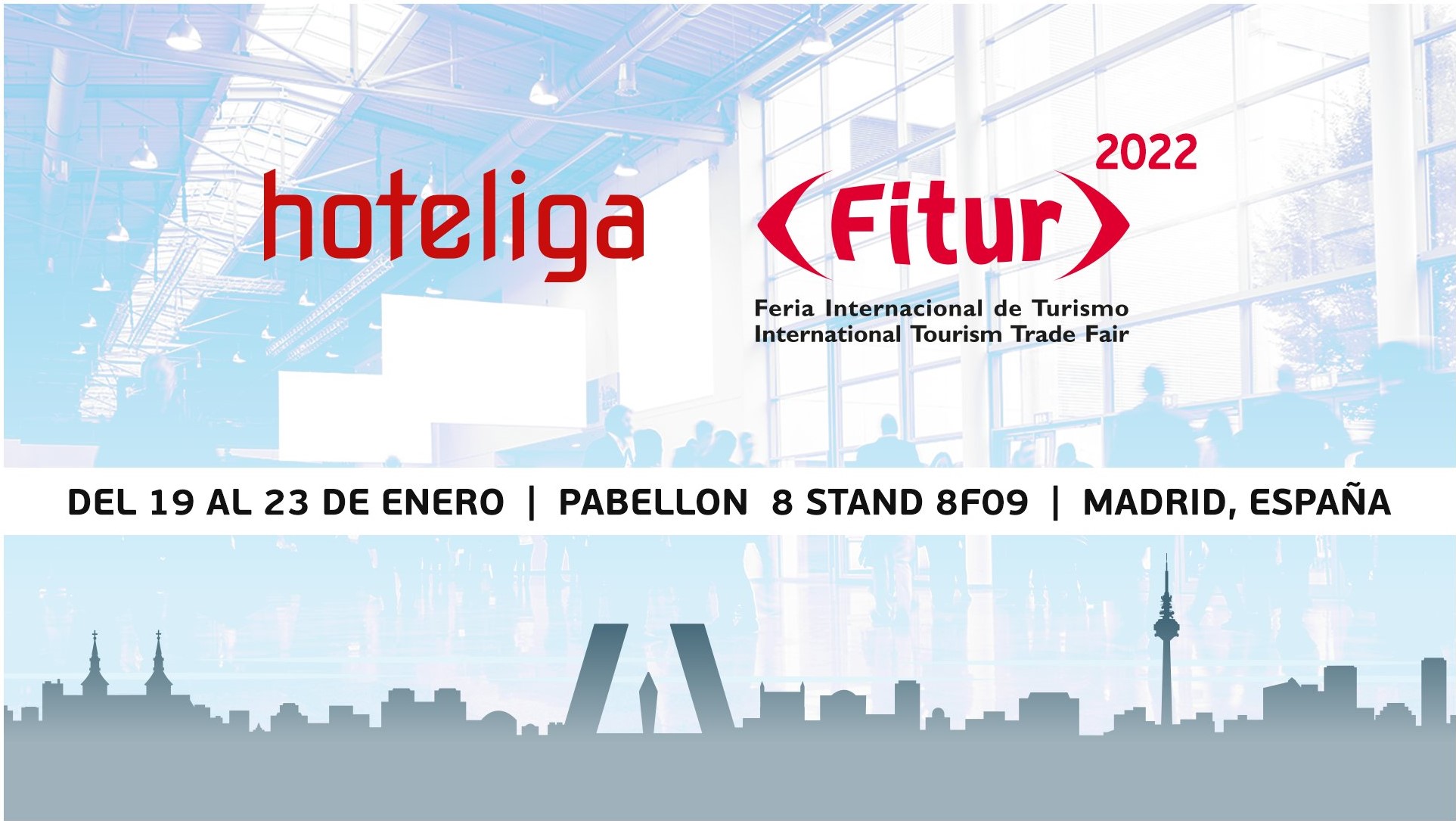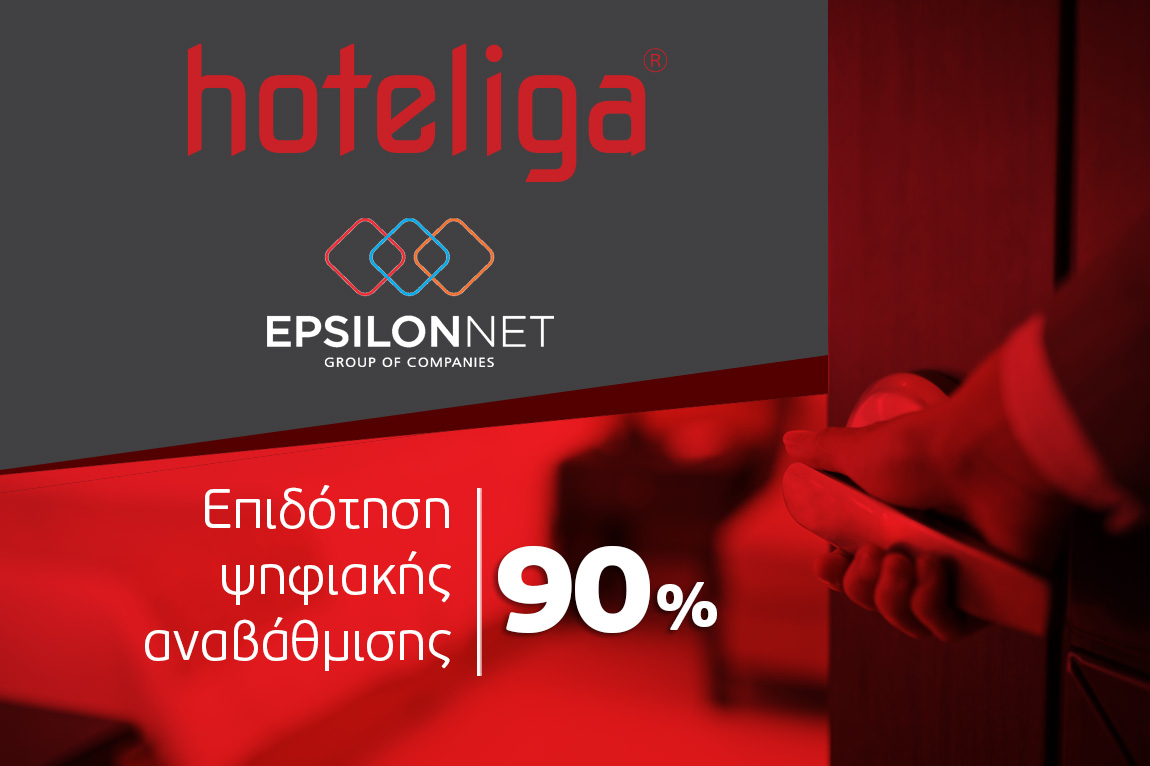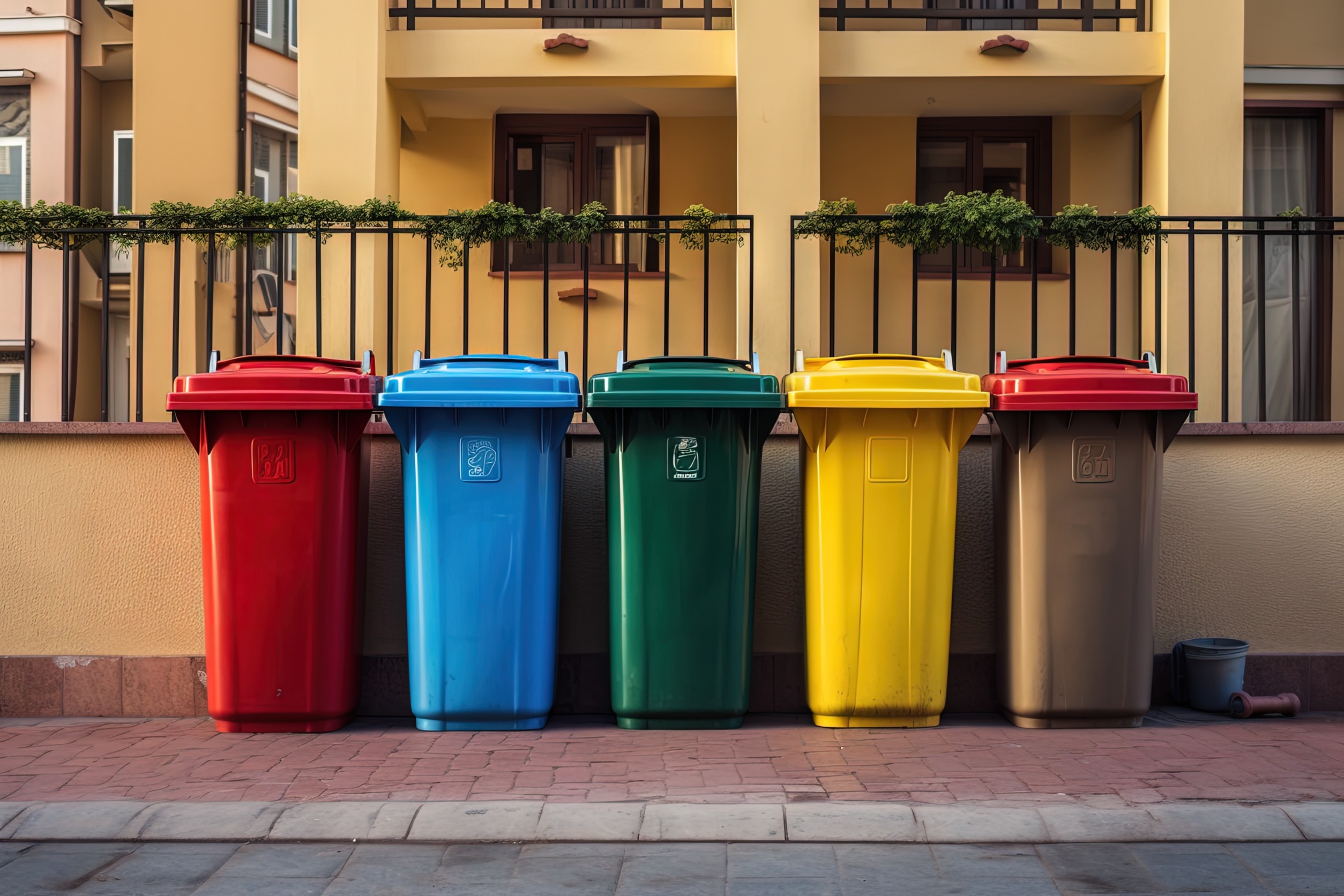
Hotel Waste Management to Keep Pests at Bay
If you’ve watched any Hotel Transylvania movie, you’d know that monsters of all shapes and sizes check in as guests. It’s an unlikely mix of customers, but they all made the hotel experience a fun, crazy circus. In reality, the only guests hotels accept are humans. Occasionally, cute and cuddly pets are allowed. Pests are unwanted guests. They’re the mini monsters, which are always off-limits to hotels.
All hotels are susceptible to pest infestations. Keeping pests at bay requires a smart and effective hotel waste management system. Failure to do so endangers the health of all guests and staff. Plus, this can harm the company’s PR and profits.
Mini monsters found in hotels include roaches, rodents, flies, mosquitoes and ants. These pests are attracted to food waste to survive and thrive. To prevent their existence, enforce effective sorting, storing, and proper waste disposal. If, for example, you see a pest such as a mouse, it means there could be more in hiding. Eliminate them by hiring an experienced mice exterminator.
Effective Waste Management Practices
A clean and well-managed hotel prevents and eliminates pests. In contrast, the lack of such invites them. Here are four effective waste management practices to implement in hotels.
Properly Segregate Waste
Pests are attracted to food scraps and waste Keep them at bay by properly separating organic and non-organic waste. Secure waste storage with tight-fitting lids and color-coded bins and containers designed to resist pests. Throw the garbage daily, especially in high-traffic areas, to avoid accumulating food waste.
Conduct Regular Inspections
Regular inspections are the key to effective pest management. The staff can detect early signs of pest activity by regularly monitoring kitchens, storage rooms, and waste disposal areas. This prevents infestations from getting out of control.
This can also help you identify potential pest entry points, assess the state of the hotel, and ultimately maintain guest satisfaction.
Seal Any Pest Entry Points
Examine the building's exterior and interior and locate gaps, cracks, and holes. This is because pests can enter even through the smallest openings in walls, floors, and windows. Once identified, seal them properly.
Effective sealing measures include installing door sweeps and reinforcing windows with screens. In high-risk areas like kitchens, doors with automatic closing mechanisms can prevent pests from sneaking inside.
Hire Professional Pest Exterminators
Pest control specialists effectively combat pests and ensure long-term prevention. These people have the expertise, experience and equipment that no DIY method can match.
Pest exterminators can assess the extent of the infestation, identify entry points, and implement targeted treatments. They can also provide valuable insights on prevention by addressing the property’s vulnerabilities.
In Conclusion
In the competitive world of hospitality, a clean and pest-free environment isn’t just a perk.It's an expectation. Ultimately, effective waste management and pest control are investments that pay dividends in guest satisfaction, health, and long-term business sustainability.
About the Author
Luqman Butter has been a pest control technician for over 20 years. He is passionate about solving people’s pest and wildlife control problems through innovative, eco-friendly and humane methods. Luqman currently works for Pestend Pest Control. He believes that pest control is a science and feels that his function in his community is very important since he helps people live in peace without causing unnecessary harm to animals.
